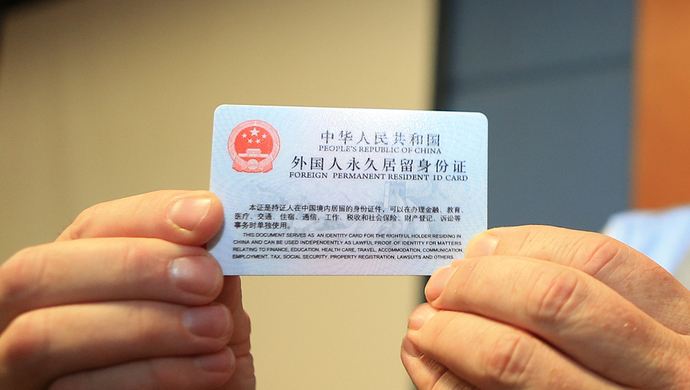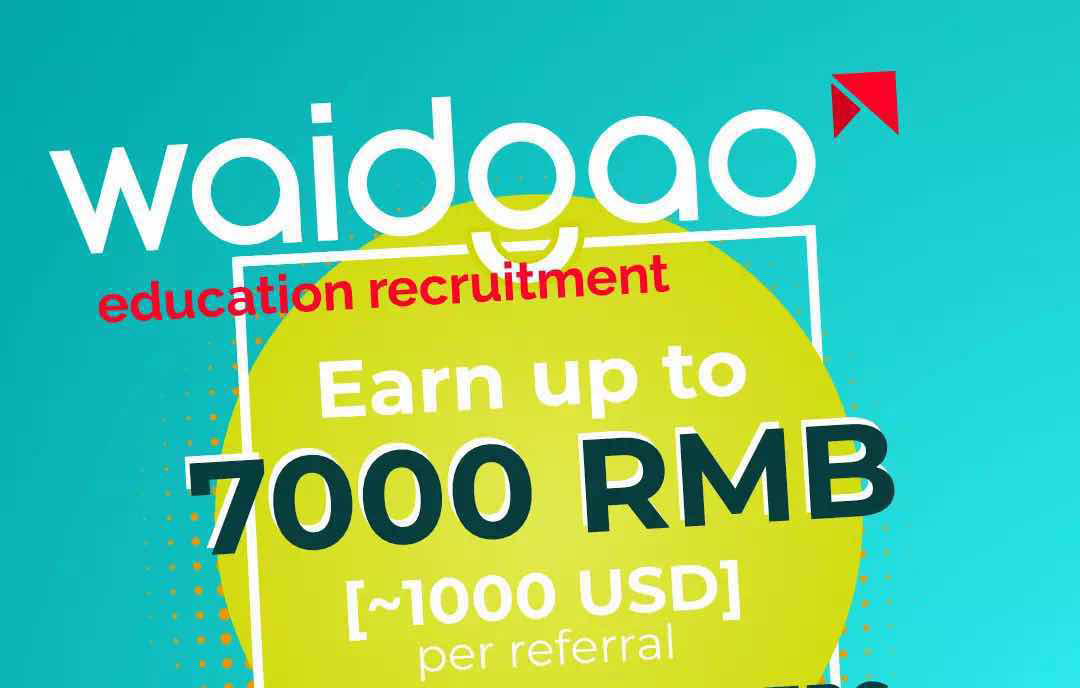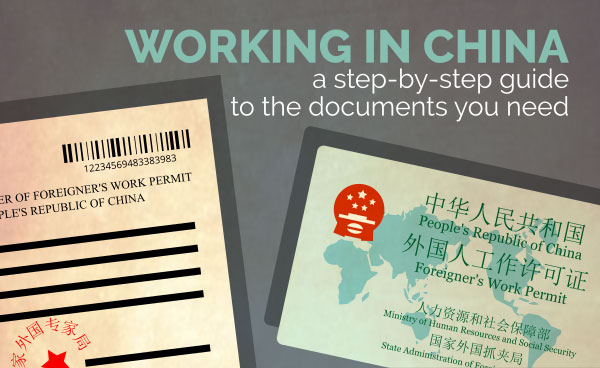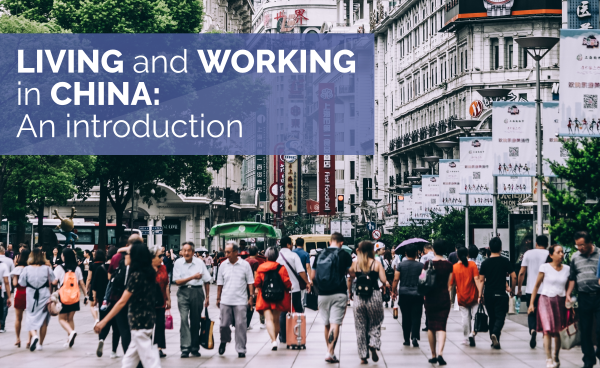
Most people are either not very good at interviewing or just hate it. Neither is a recipe for success. Love the interview! Relish the chance to show off (but modestly! You're in China after all), learn more about a great company and job opportunity, and leave the interview room confident you did your absolute best.
Don't be late! Scope out the interview location in advance
It should go without saying that you should never be late for an interview, no matter what country you're in. Besides being disrespectful, it also shows a lack of professionalism and reliability. No one wants to work with someone who is 不靠谱! So give yourself loads of extra time to get to your interview. Especially in China, it can take a long time to traverse large cities, city blocks are way bigger than you expect, taking forever to walk, and addresses can you downright confusing, especially if you aren't fluent in reading Chinese or able to ask for directions along the way. You might even consider doing a dry run a day or two before the interview to find the location and plan your route so there are no surprises the day of. You don't need that extra stress!
Incidentally this tip also applies to anyone who is calling on clients for the first time as industrial parks and office buildings can be a maze!
Who interviews the interviewer? Be prepared with interview questions of your own
It may feel going into an interview that the employer holds all the cards, that they are in control. They have the job you want and have the decision making power to accept or reject you. But remember that a job interview isn't an interrogation. You are desirable to employers. A company might want you badly, but you can still say no if you decide the fit isn't right.
With that in mind, the job interview is not just a chance for you to impress the interviewer with your skills, experience, and personality. It's also an opportunity for you to learn more about the company's goals, corporate culture, the employees you'll be working alongside, how success is measured, and of course details of the position itself. And asking a list of specific, relevant questions during the interview will demonstrate how prepared, diligent, and serious you are. Just don't ask questions the answers to which have already been covered in your interview! This shows your inattentiveness, not a quality anyone wants in an employee.
Show and tell. Visually demonstrate what you've done and what you can do
A picture is worth a thousand words, and a well-prepared professional portfolio can impress where words fail. Don't just tell the interviewer what you've done, show them proof, give them evidence. A portfolio is standard in the visual art/graphic design world, but even if your field doesn't obviously lend itself to visual presentation, think of ways you can do so. Bring along charts and graphs, sketches of ideas and processes, samples taken from reports you've prepared, screenshots of code you've written, e-mail templates you've created that speed up your work, and other visual aids, along with a strategy of how to weave them into your interview. This will impress your interviewer a lot more than just talking about your achievements.
Solve their problem before they hire you
This one takes work, but you want the job, don't you? If you know of or can find out a specific problem the company needs solving, put in some time before your interview and actually solve it. Or at least create an action plan that details the steps and measures you would take after they hire you. Interviewing for a marketing position that requires managing a company's social media channels, growing followers, increasing engagement, and driving more potential customers into the sales funnel? Actually sit down before the interview and do it, at least in theory. Show them what specific actions you would take, what the budget would be, the required timeline, what resources you would need, and a sample weekly content/editorial calendar. This screams: I want this job. I can do this job. And look, I've already done it!
Don't just take our word for it
Part of your interview homework is reading articles like this. Do an internet search for "Top 10/50/100 common interview questions." Read them all. Then practice your responses. Find top HR pros and hiring managers on the internet and read their blogs and advice. People like Laszlo Bock, former Senior Vice President of People Operations at Google. Or Meghan Biro, a top HR influencer and podcaster who has worked with major global brands. They are literally giving away their knowledge for free!
End on a high note
Take a moment at the end of the interview to thank the interviewer for their time, reiterate your interest in the company and the position, and clarify how the rest of the hiring process will go. What's the next step? Are there follow up interviews? Any technical demonstrations or standardized tests required? Should you expect to hear back in a few days or weeks? Every company is different, so it doesn't hurt to inquire about the process, even if it's just a general, "What can I expect for the rest of the evaluation process?"










 京公网安备 11011202001511号
京公网安备 11011202001511号